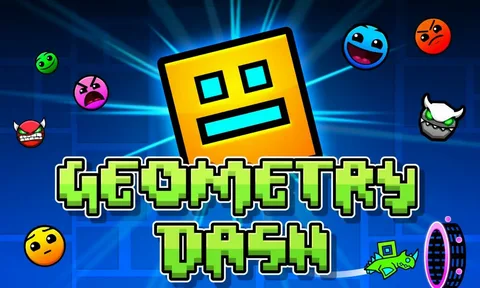
Introduction: Unraveling the Teenage Social Media Connection
In the digital age, the act of scrolling through social media has become synonymous with the lives of teenagers. However, what lies beneath this seemingly innocuous gesture is a complex connection between scrolling and the developing teenage brain. In this article, we embark on a journey to unravel the intricate relationship between social media scrolling and the adolescent brain. We’ll explore the science behind it, delve into the psychological effects, and discuss strategies for fostering responsible digital engagement.
Adolescence and the Brain’s Evolution
Adolescence is a transformative phase of brain development characterized by heightened neuroplasticity and cognitive maturation. Coinciding with this period is the pervasive presence of social media platforms. This section introduces the convergence of these two influential factors.
Decoding the Science Behind Scrolling
Understanding the impact of social media scrolling on the teenage brain necessitates an exploration of the underlying science. Research reveals that scrolling through endless feeds can trigger the brain’s reward system, releasing dopamine and creating a cycle of pleasure and reinforcement.
The teenage brain’s heightened susceptibility to these rewards, combined with the quest for social validation, can lead to compulsive and potentially addictive patterns of scrolling. A deeper dive into these neurobiological mechanisms is essential to fathom the profound connection between scrolling and the adolescent brain.
Table: The Connection Between Scrolling and the Teenage Brain
| Aspect | Description |
|---|---|
| Introduction | Adolescence and the intertwining of social media and the brain |
| Heading 1 | Brain development during adolescence |
| Heading 2 | The science behind the connection between scrolling and the brain |
| Heading 3 | Psychological implications of extensive scrolling |
| Heading 4 | Strategies for fostering responsible digital engagement |
| Conclusion | Recap of insights and strategies for mindful digital engagement |
This table provides a visual overview of the article’s core sections, facilitating readers’ navigation and comprehension.
Psychological Implications of Extensive Scrolling
Extensive scrolling through social media during adolescence can have profound psychological implications:
- Attention Span: Prolonged scrolling can contribute to a shortened attention span and difficulty focusing on tasks.
- Social Comparison: Comparing one’s life to selectively curated representations on social media can foster feelings of inadequacy and envy.
- Fear of Missing Out (FOMO): Scrolling perpetuates the fear of missing out on social events or experiences documented on social media, leading to anxiety and a sense of exclusion.
- Sleep Disruption: Late-night scrolling disrupts sleep patterns, impacting mood, cognitive function, and overall well-being.
- Validation-Seeking Behavior: Adolescents may engage in excessive scrolling to seek validation through likes and comments, potentially affecting self-esteem.

Photo by NordWood Themes on Unsplash
Strategies for Responsible Digital Engagement
To promote responsible digital engagement and mitigate potential negative effects, consider the following strategies:
- Digital Literacy: Equip teenagers with critical thinking and digital literacy skills to help them navigate social media discerningly.
- Balanced Screen Time: Encourage a balanced lifestyle that includes offline activities, such as physical exercise, hobbies, and face-to-face interactions.
- Open Communication: Foster open and non-judgmental communication with adolescents, creating a safe space for them to discuss their online experiences and concerns.
- Mindful Scrolling: Encourage adolescents to engage with social media mindfully, reflecting on the content they consume and its impact on their well-being.
- Digital Detox: Introduce regular digital detox periods to help adolescents disconnect from screens and reconnect with the physical world.
Conclusion
In conclusion, the act of scrolling through social media is far from trivial, especially in the lives of teenagers. While it offers connectivity and a window to the world, it also presents potential risks to mental health and cognitive development.
By uncovering the science, understanding the psychological implications, and implementing strategies for responsible digital engagement, we can empower adolescents to navigate the digital landscape with mindfulness and responsibility. In an era where scrolling is ubiquitous, fostering a balanced and healthy relationship between teenagers and social media becomes imperative.










